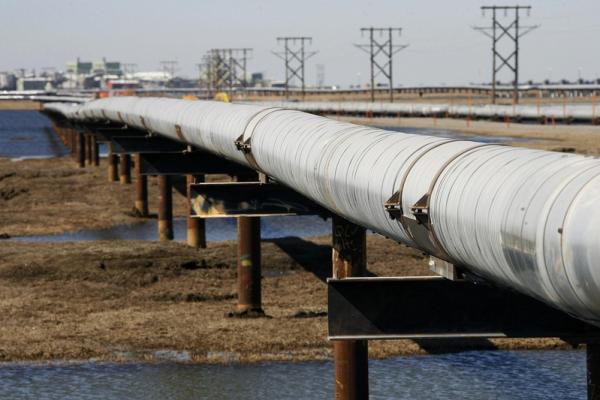By Peter Nurse
Investing.com - Oil markets slipped Friday, amid worries over the slow pickup in demand as economies reopen and over the ability of major producers to maintain production discipline as the year continues.
At 9:50 AM ET (1350 GMT), U.S. crude futures traded 1.3% lower at $33.29 a barrel. The international benchmark Brent contract fell 1.4% to $35.51. Despite these losses, both contracts are set for a fifth weekly gain.
Data from the Energy Information Administration late Thursday showed that U.S. crude oil inventories rose sharply last week, raising fears that demand for fuel will not rise as sharply as expected even as the majority of states lift travel restrictions. A surge in imports also cast doubt on the willingness of OPEC producers, notably Saudi Arabia, to keep their oil off the global market.
Prices have rebounded strongly this month, boosted by a combination of the Organization of the Petroleum Exporting Countries and producers including Russia, a group known as OPEC+, slashing their output and perceived increased demand as the global economy starts reopening from the shuttering caused by the coronavirus outbreak.
Supporting that reduction in output, state-run Abu Dhabi National Oil Company has informed customers of a 5% cut in its crude oil nominations for July, Reuters reported Friday, citing three sources with knowledge of the matter.
Looking ahead, OPEC+ is meeting again in June, and Saudi Arabia and some other OPEC members are considering extending record production cuts of 9.7 million barrels per day beyond the June deadline originally agreed.
Russia, however, has been slow in agreeing to this move. State-owned giant Rosneft is arguing it does not have enough crude to ship to buyers with which it has long-term supply deals, Reuters reported Thursday. This would make it very hard for the Russian company to continue with record oil cuts beyond June.
Investor sentiment has also been soured by rising Sino-U.S. tensions, with U.S. President Donald Trump set to respond later Friday to the decision of China’s parliament to back security legislation for Hong Kong.
If this spat turns into a full blown trade war, this would likely undermine any recovery in demand that would occur as the global economy gradually reopens.
